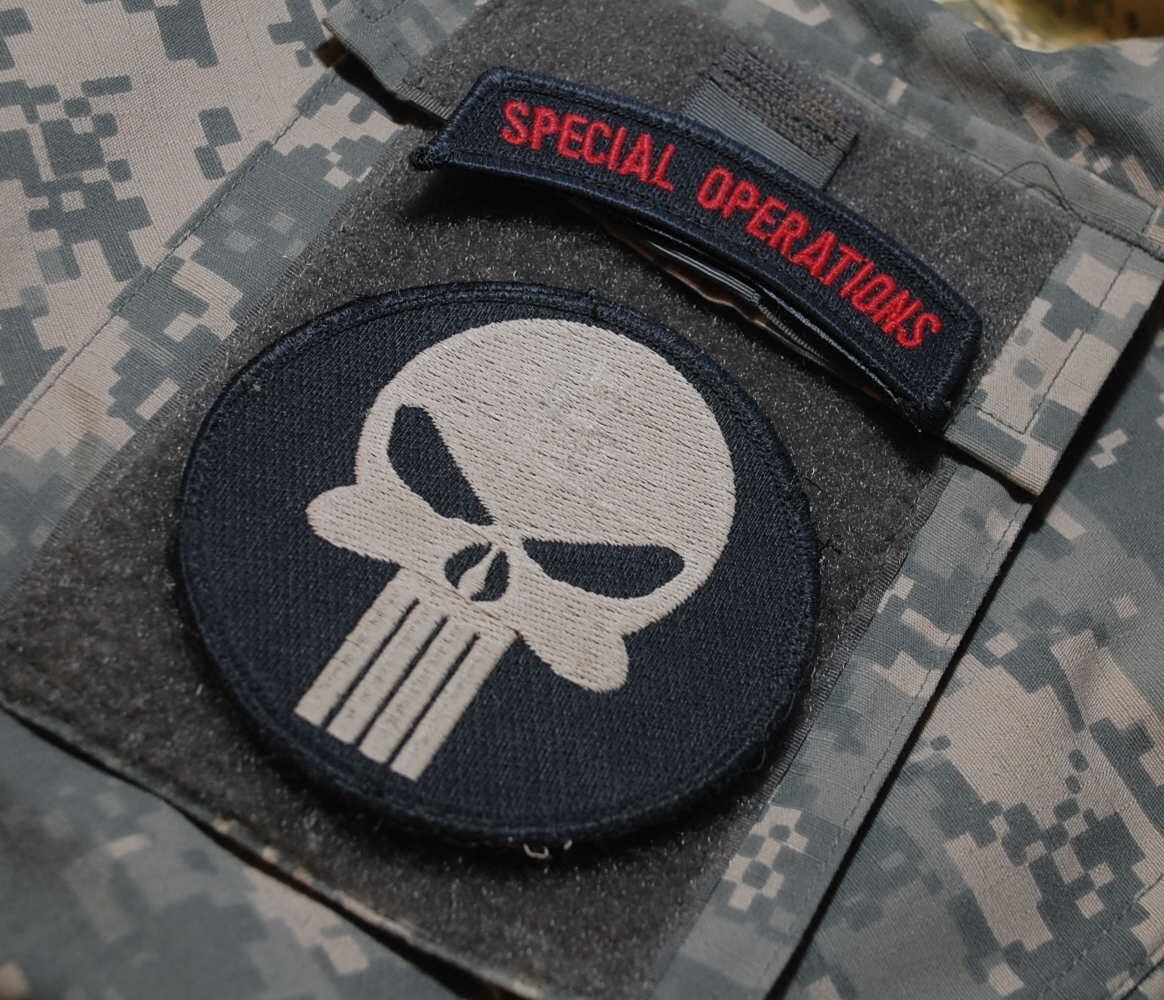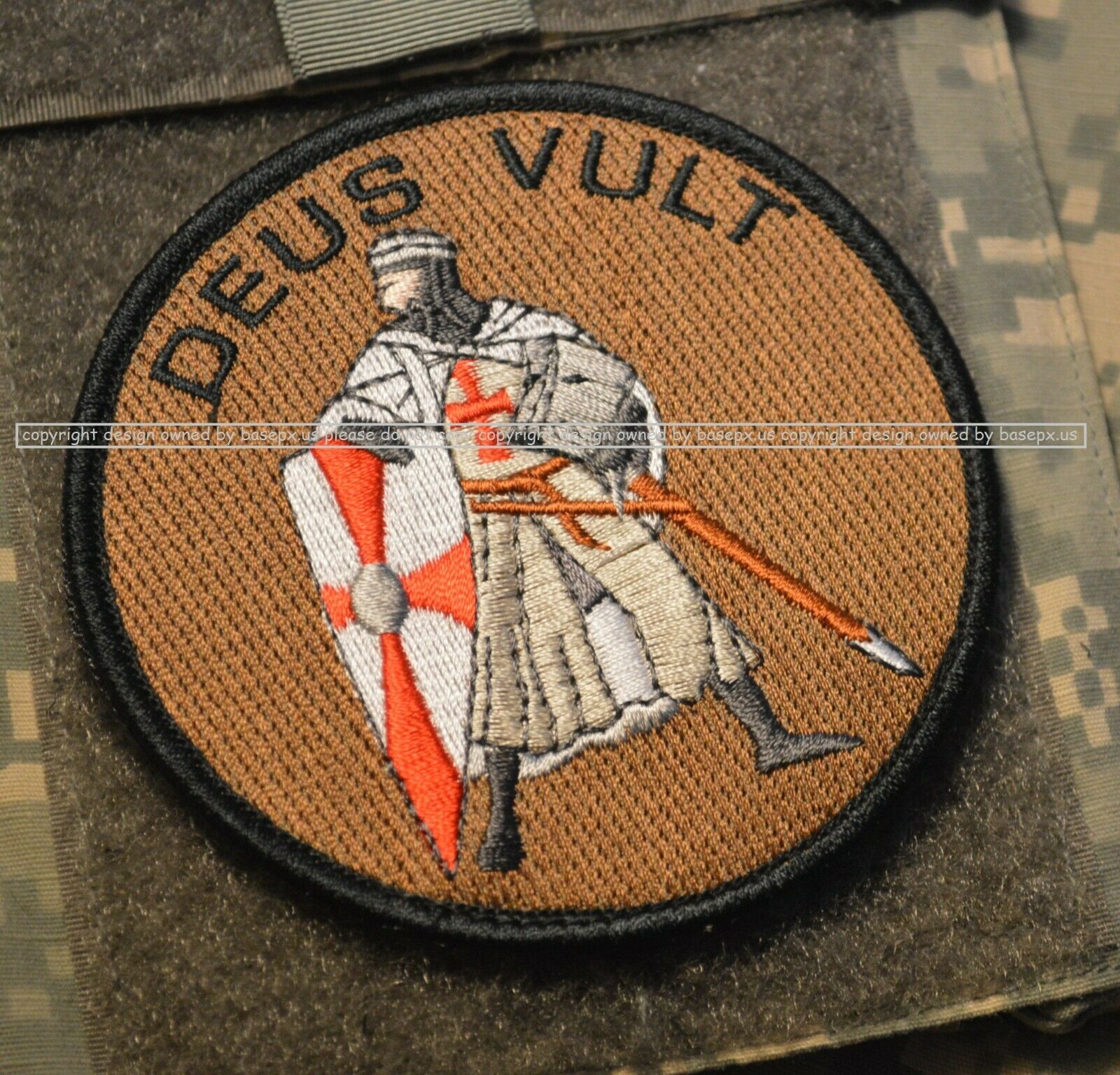-40%
Anti-Isis Kurdish Fighter PESHMERGA velkrö PATCH: Figurehead Öcalan RÊBER APO
$ 10.55
- Description
- Size Guide
Description
Iraq-Syria Kurdish Anti-Isis Kurdish Fighter PESHMERGA velkrö PATCH: Figurehead Öcalan RÊBER APOThis is a very special Original (not cheap import copy) KILLER ELITE
Iraq-Syria Kurdish Anti-Isis Freedom Fighter PKK PESHMERGA
hook-vêlkrö
SSI: RÊBER APO. You will receive the item as shown in the first photo.
Other items in other pictures are available from my eBay Store. “Free women rise like the sun. Don’t allow anyone to dominate your lives.“ - Abdullah Öcalan
.
Only a few of this special RÊBER APO patches available to the public.
The People's Protection Units (Kurdish: Yekîneyên Parastina Gel,یەکینەکانی پاراستنی گەل pronounced [jɑkinæjen pɑrɑstinɑ gæl];
YPG
), also known as the People's Defense Units, is the main armed service of the Kurdish Supreme Committee, the government of Syrian Kurdistan (Rojava). The YPG is primarily Kurdish, but it also recruits Arabs, Turks, and Westerners. There are Assyrian/Syriac Christian units integrated into its command structure (Sutoro and Syriac Military Council). The YPG considers itself a democratic people's army and conducts internal elections as a method of appointing officers.
Spring 2015: Offensive with American and Russian support
Under other circumstances Turkish pressure might have stopped the cooperation between YPG and the U.S. after the Siege of Kobanî. However, in spring 2015 ISIL was about to capture Ramadi. The YPG was the only group that was able and willing to offensively engage and put pressure on ISIL and had built up a track record as a reliable military partner. With American close air support, offensives near Hasakah and from Hasakah westward culminated in the conquest of Tell Abyad, linking up Kobanî with Hasakah in July 2015. With these offensives, the YPG had begun to make advances into areas that did not always have a Kurdish majority. When it entered the border town of Tell Abyad in June 2015 parts of the population fled the intense fighting. One can assume that these refugees included a significant number of ISIL collaborators, but that would not address the problem. It was obvious that if the YPG wanted to act outside of Rojava proper, it could only do this as part of a broader force that included Arab factions.
Ex–U.S. Army soldier Jordan Matson was among the first foreign volunteers of the YPG. Injured by an ISIL suicide bomb, he developed the "Lions of Rojava" recruitment campaign for foreign volunteers that was launched on 21 October 2014 as a Facebook page. Subsequently, as of 11 June 2015, more than 400 volunteers from North America, Australia, Europe and South America joined the YPG, including at least ten U.S. volunteers, three of which were U.S. Army veterans. Han Chinese from the United Kingdom and China have also joined. One known Canadian was killed on November 4, 2015, who previously served with the Canadian Forces. Dozens of non-Kurdish Turks (from both Turkey and the European diaspora) have also joined. The Turkish Marxist-Leninist Communist Party (MLKP) has been sending volunteers to fight in the YPG since 2012. At least four have been killed in battle as of February 2015—one during the Battle of Ras al-Ayn and three during the Siege of Kobanî. The party released a video in late January 2015 showing several Spanish- and German-speaking volunteers from Europe among its ranks in Jazira Canton; they were reorganized into the International Freedom Battalion on 10 June 2015. Several Australians, including former trade unionist and politician Matthew Gardiner, have been involved with the YPG despite threats by Australia to prosecute any citizens involved in the Syrian Civil War. Under Australian law it is a criminal offence to fight with any side in a foreign conflict. On 26 February 2015, the death of the first foreign volunteer to be killed in action with the YPG was announced. Ashley Johnston, 28, of Canberra, with Kurdish nom-de-guerre Heval Bagok, had travelled to Syrian Kurdistan in October 2014, volunteered as a humanitarian aid worker, and later decided to serve as a front-line fighter with the YPG. The official command of YPG paid tribute after his death in action against ISIL.
Peshmerga
(Kurdish: پێشمەرگە Pêşmerge, Kurdish pronunciation [pɛʃmærˈɡæ]) are the military forces of the autonomous region of Iraqi Kurdistan. Peshmerga means "one who confronts death" or "one who faces death". "Pesh" means to stand in front of (loosely translated as to confront or face) while "merga" means death. The overall formal head of the peshmerga is the President of Iraqi Kurdistan. The peshmerga force itself is largely divided and controlled separately by the Democratic Party of Kurdistan and the Patriotic Union of Kurdistan, although both pledge allegiance to the Kurdistan Regional Government. Efforts are under way to gather the entire force under the Ministry of Peshmerga Affairs. Peshmerga forces are responsible for defending the land, people and institutions of the Kurdistan Region. Because the Iraqi Army is forbidden by law from entering Iraqi Kurdistan, the peshmerga, along with other Kurdish security subsidiaries, are responsible for the security of the Kurdish Region. These subsidiaries include Asayish (official intelligence agency), Parastin u Zanyarî (assisting intelligence agency) and the Zeravani (military police). In 2003 during the Iraq War, peshmerga are said to have played a key role in the mission to capture Saddam Hussein. In 2004, Kurdish anti-terror forces captured al Qaeda key figure Hassan Ghul, who revealed the identity of Osama Bin Laden's messenger, which eventually led to Operation Neptune Spear and the death of Osama Bin Laden. Following an unexpected large-scale ISIS offensive against Iraqi Kurdistan in August 2014, peshmerga and other Kurdish forces from neighboring countries have been waging war against ISIS in both Iraq and Syria.
Abdullah Öcalan
(/ˈoʊdʒəlɑːn/ oh-jə-lahn; Turkish pronunciation: [ød͡ʒaɫan]; born 4 April 1948), also known as
Apo
(short for both Abdullah and "uncle" in Kurdish), is one of the founding members of the militant organization the Kurdistan Workers' Party (PKK) in 1978 in Turkey. Öcalan was arrested in 1999 by the Turkish National Intelligence Agency (MIT) with the support of the CIA in Nairobi and taken to Turkey, where he was sentenced to death under Article 125 of the Turkish Penal Code, which concerns the formation of armed organisations. The sentence was commuted to aggravated life imprisonment when Turkey abolished the death penalty in support of its bid to be admitted to membership in the European Union. From 1999 until 2009, he was the sole prisoner[13] on the İmralı island, in the Sea of Marmara. Öcalan admitted the previous violent conduct of the PKK, but says that the period of armed warfare was defunct and a political solution to the Kurdish question should be developed.[16] The conflict between Turkey and the PKK has resulted in over 40,000 deaths, including PKK members, the Turkish military, and civilians, both Kurdish and Turkish. From prison, Öcalan has published several books, the most recent in 2012.In 1978, in the midst of the right- and left-wing conflicts which culminated in the 1980 Turkish coup d'état, Abdullah Öcalan founded the PKK. He launched a war against Turkey in order to set up an independent Kurdish state. In July 1979 he fled to Syria where he remained until October 1998 when Syrians expelled him. In 1984, the PKK initiated a campaign of armed conflict, comprising attacks against government forces in Turkey as well as civilians in order to create an independent Kurdish state. As a result, the United States, European Union, NATO,Syria, Australia, Turkey, and many other countries have included the PKK on their lists of terrorist organizations. He was captured in Kenya on 15 February 1999, while being transferred from the Greek embassy to Jomo Kenyatta International Airport in Nairobi, in an operation by the Millî İstihbarat Teşkilâtı (Turkish National Intelligence Organization) reportedly with the help of CIA. George Costoulas, the Greek consul who protected him, said that his life was in danger after the operation. After his capture, Öcalan was held in solitary confinement as the only prisoner on İmralı island in the Sea of Marmara. Although former prisoners at İmralı were transferred to other prisons, more than 1,000 Turkish military personnel were stationed on the island to guard him. A state security court consisting of three military judges was convened on the island to try him. Öcalan was charged with and convicted of treason and separatism, and sentenced to death. This sentence was commuted to life imprisonment upon the abolition of the death penalty in Turkey in August 2002. No one had been executed in Turkey since 1984. The Kurdish Human Rights Project (KHRP) may have aided this case's decision. Following the commutation, Öcalan remained imprisoned on İmralı, and was the sole inmate there. In November 2009, Turkish authorities announced that Öcalan would be relocated to a new prison on the island and that they were ending his solitary confinement by transferring several other PKK prisoners to İmralı. They said that Öcalan would be allowed to see them for ten hours a week. The new prison was built after the Council of Europe's Committee for the Prevention of Torture visited the island and objected to the conditions in which he was being held. In 2005, the European Court of Human Rights ruled that Turkey had violated articles 3, 5 and 6 of the European Convention of Human Rights by granting Öcalan no effective remedy to appeal his arrest and sentencing him to death without a fair trial. Öcalan's request for a retrial was refused by Turkish court.
**IF YOU NEED ITEM OTHER THAN THE ONE IN THE 1ST PHOTO, PLEASE LET ME KNOW W/YOUR ORDER**
They will make a great addition to your SSI Shoulder Sleeve Insignia collection. You find only US Made items here, with the same
LIFETIME
warranty.
Please note that there are color variations due to different settings on different PCs and different Monitors. The color shown on your screen is most likely not the true color.
**
eBay REQUIRES ORDER BE SENT WITH
TRACKING
, PLEASE SELECT
USPS 1ST CLASS SERVICE w/TRACKING
**
A Kurdish YPJ fighter with smoke behind her rising from an ISIS held area near the town of Al Hol, Hasakah. Photo credit: Delil Souleiman
**
eBay REQUIRES ORDER BE SENT WITH
TRACKING
, PLEASE SELECT
USPS 1ST CLASS SERVICE w/TRACKING
**
We'll cover your purchase price plus shipping.
ALL US-MADE PATCHES W/LIFETIME WARRANTY
FREE 30-DAY NO-QUESTION RETURN
Watch out for cheap import copies




















